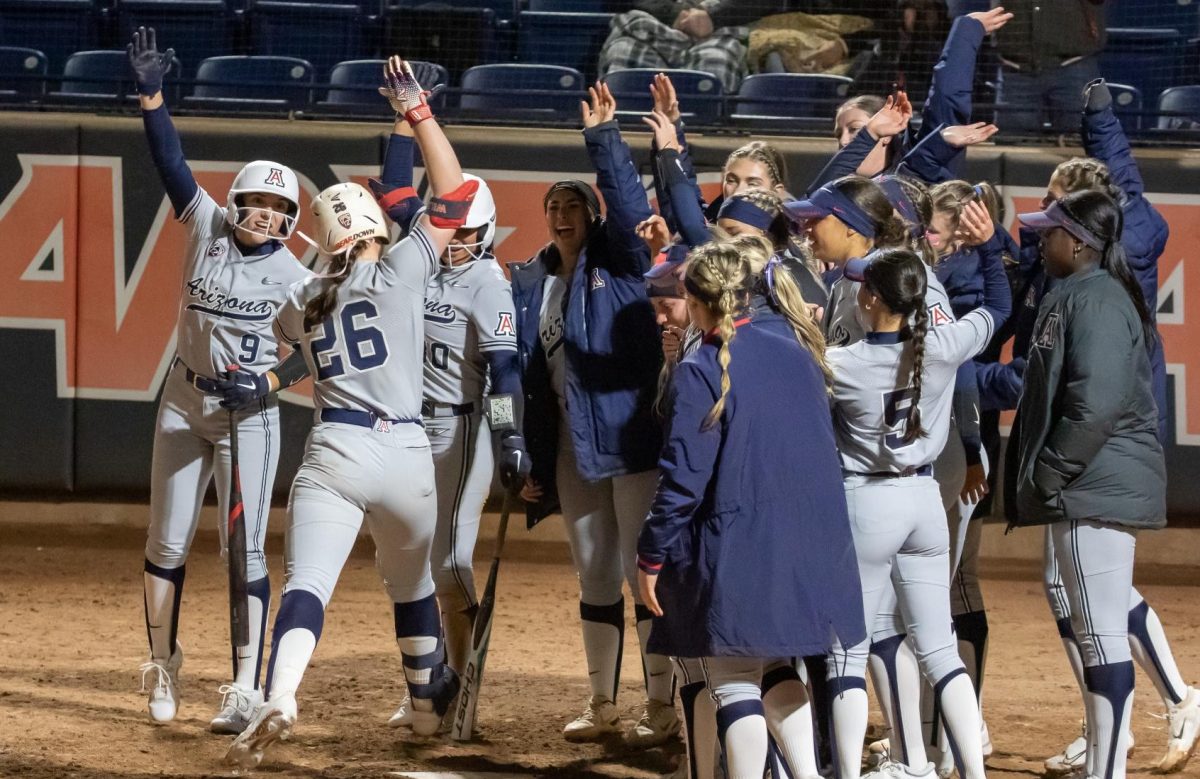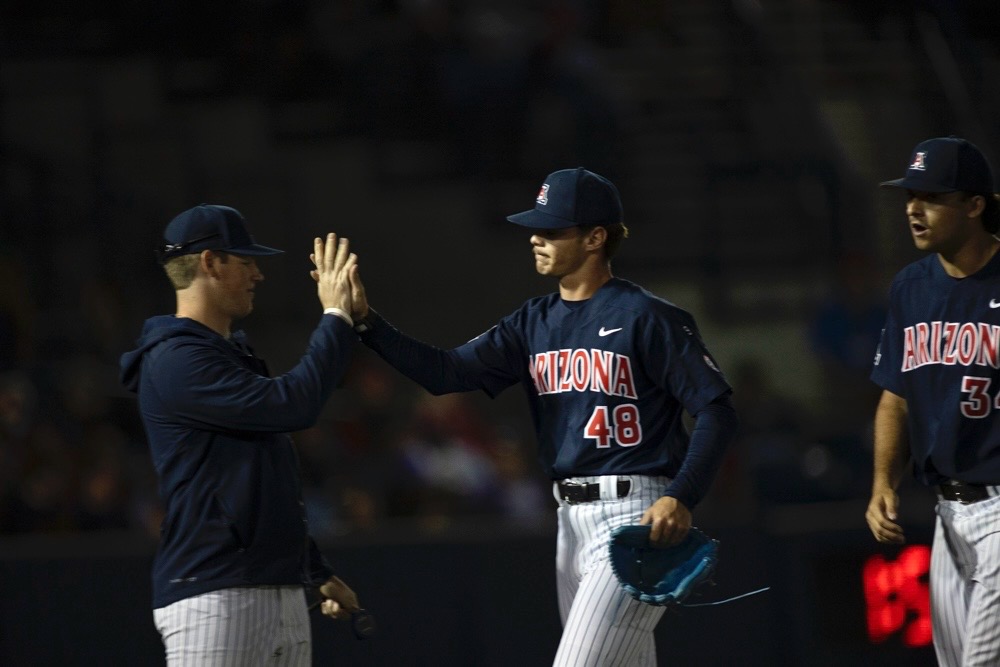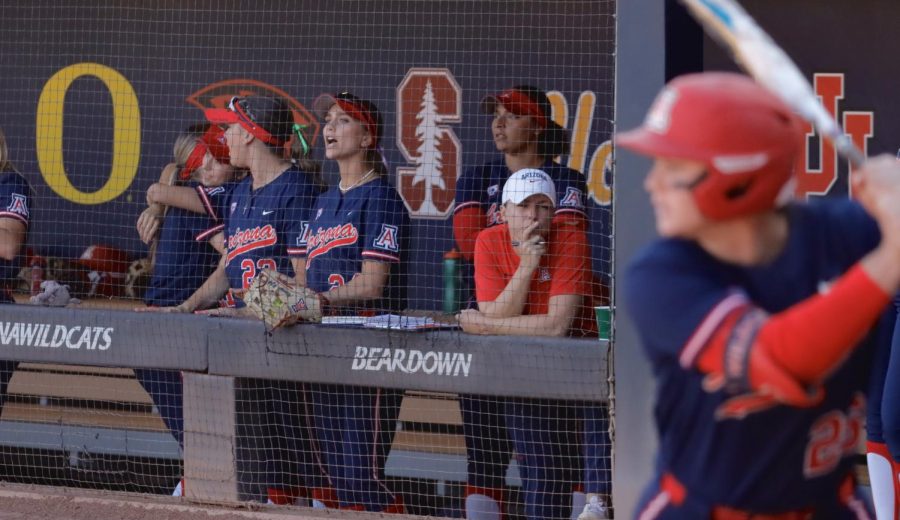Athletes and sports professionals finding themselves in trouble because of things they say on Twitter is nothing new. Getting busted for doing your job, however, is.
On Sunday, Tacoma News Tribune reporter Todd Dybas was “reprimanded” by the University of Washington Athletic Department for tweeting too much during the Huskies’ game against Loyola-Maryland, according to his Twitter account.
Reporters are restricted to 20 in-game updates for basketball and 45 for football, according to UW’s Live Coverage Policy. If they violate it, the reporters credentials can be revoked.
This is a classic example of the slippery slope of censorship.
Once a school starts restricting tweets, next comes restricting content in newspapers or websites.
Stopping journalists from streaming video is one thing, but are people really going to watch their Twitter feed instead of the game on the TV if the channel is available? Tweets about games are to supplement viewing or fill in when fans can’t see the game because they are at work or in class.
The policy is hard to believe. Twitter is the best of the new tools journalists have to better serve readers. The Arizona Daily Wildcat even requires reporters to have Twitter accounts now.
Journalists on Twitter provide a real-time independent perspective on news — like sports games — unlike the sports information directors paid by teams, or the TV or radio networks that have contracts with teams and, as a result, have questionable journalistic ties.
Plus, Twitter is a form of micro-blogging, meaning that if a viewer misses part of the game, they can go back and see what’s happened in detail. You can’t rewind the radio.
Can’t someone without credentials live tweet too? Is UW going to try and stop attendees from doing what jouranlists can’t? And if the university doesn’t, what does it matter if journalists re-tweet the whole game, too? That information is going to be out there regardless
If anything universities like UW should be glad to have journalists re-tweeting because they have clearly defined standards and know things like libel are. Isn’t it better to have a doctor performing surgery on you, and a lawyer handling your legal issues than some amateur? Let journalists report, then.
If there is such a demand for live tweets, then the university is pushing it to a black market.
— James Kelley is a history senior. He can be reached at sports@wildcat.arizona.edu or via Twitter @jameskelley520.








